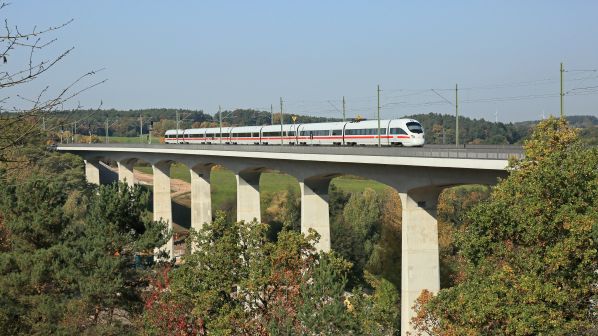Tax relief for energy efficient home improvements and for commuter season tickets were also included as part of the overall package agreed.
Objections previously raised by representatives of the country’s 16 federal states, which were concerned that they would have to finance the tax cuts via lower contributions from the federal government, have been assuaged following the promise of central government funding to make up the shortfall.
The other major objection was to set the carbon price at €10 per tonne of CO2. The argument against was that the price was too low to incentivise carbon reduction in the wider economy. The carbon price has now been set at €25 per tonne from January 2021 with further €5 increments agreed annually for the next five years, taking the price to €55 per tonne CO2 by 2026.
DB Long Distance, Germany’s largest long-distance passenger operator, began advertising its new lower fares in the week before Christmas ahead of the CVAT cut. DB’s lowest advanced purchase fare is now €17.90 instead of €19.90, although this can be further reduced to €13.40 using a ‘Bahn Card’ railcard.
All DB long-distance fares will fall by around 10% on January 1, including the BahnCard 100 ticket which gives unlimited travel on long-distance services. Charges for reservations and bicycle tickets will also be reduced as the lower VAT rate will apply to these as well.
The German government recently announced increased infrastructure funding for the network, in part to prepare for the introduction of a national regular-interval ‘Deutschland Takt’ timetable, with increased service frequency on major routes with the aim of achieving substantial switch from cars and planes to trains.
DB Long Distance has seen passenger numbers grow in recent years, with 150 million passengers forecast for 2019. Open-access competitor Flixtrain has also increased service frequency on existing routes since the December 15 timetable change and plans to add a new Hamburg - Stuttgart service in 2020 (IRJ January 2020).
Whilst a 10% cut in rail fares is a dramatic move, it would be harder to replicate in other countries such as Britain, where rail tickets are zero rated for VAT, meaning the relatively simple option of reducing fares via a tax cut does not exist.

